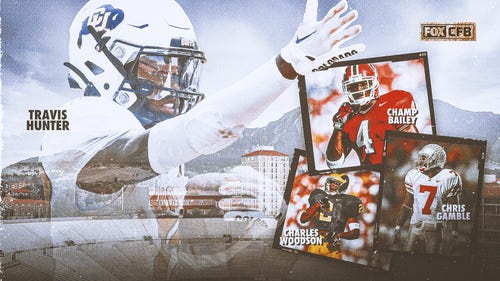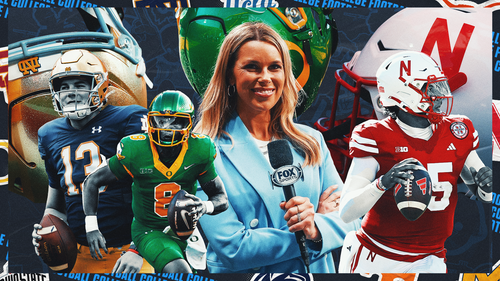
Urgency, Decision-Making Still A Big Problem For USC Football

USC football’s loss to Utah on Friday night was another example of the Trojans’ lack of urgency and poor decision-making at the top.
It was an excellent game in Salt Lake City, for Utah fans. It was a tough loss for the Trojans, but at least they played better, with some heart and emotion.
First time starting quarterback Sam Darnold looked good in his debut leading the offense, but three first half turnovers are difficult to overcome, especially on the road.
If this were the season opener, the coaches could build on an impressive, but losing effort. Unfortunately, it’s not.
Team weaknesses that were identified last month came home to roost as Utah ran the ball down the Trojans’ throat. Alternating between three or four fresh backs, Ute coach Kyle Whittingham pounded the rock. Gambling when appropriate, Utah converted four different times on fourth and one.
The USC defense bent, and ultimately broke, as Utah’s final fourth-quarter 93-yard drive ended with a touchdown, the lead and the game.
Sep 17, 2016; Stanford, CA, USA; USC Trojans head coach Clay Helton reacts during a NCAA football game against the Stanford Cardinal at Stanford Stadium. Mandatory Credit: Kirby Lee-USA TODAY Sports
But for the three turnovers, the Trojans played smart, disciplined football in the first half. In the second half penalties either killed USC drives or extended Utah drives. The false start bug returned. Iman Marshall was called for a devastating pass interference foul. An the illegal man downfield call on Damien Mama nullified a 30-plus-yard gain, though in Mama’s defense that call was borderline.
The offense came to life finally with Justin Davis going over the century mark in the first half. The offensive line opened big holes and protected Darnold, who in turn distributed the ball to Darreus Rogers, Steven Mitchell and, most importantly, JuJu Smith-Schuster. Play-calling was crisp and mostly clean, while Darnold’s mobility and rocket arm in tight windows was impressive
In the end, USC’s fourth-and-short decision with five minutes left in the game was the critical call.
Head coach Clay Helton explained after that he wanted to pin Utah’s offense deep in its own territory with the punt. But the strategy ultimately failed as Utah marched down the field, again, converting on third and fourth downs before scoring the winning touchdown.
The alternative call would have been to go for it on fourth-and-three, already in Utah territory with five minutes left in the game. If USC converted that fourth down then they would have had the chance to eat up the clock and put game out of reach with a touchdown, or extend the lead with a field goal.
After watching Wittiingham successfully go for it on forth-and-short without any hesitation, time after time, it was clear all four downs would be necessary to win the game.
More from Reign of Troy
There must be a fourth-and-short play in USC’s playbook. There was in Utah’s.
Helton needed to give the team a chance to win the game and close the door on the resilient Utes. The Trojan defense couldn’t and didn’t stop the run, especially when using all four downs. With weather conditions worsening by the minute, Helton should have played for the win on the road.
What’s worse a Hail Mary in the last-minute like against ASU two years ago? Or this more methodical drive and defeat?
Utah was not interested in kicking a game tying field goal. It would either win or suffer a fourth down stop and a loss. They took the chance and it paid off.
Outcoached yet again, many will say, and it’s hard to argue that USC wasn’t.
This article originally appeared on





